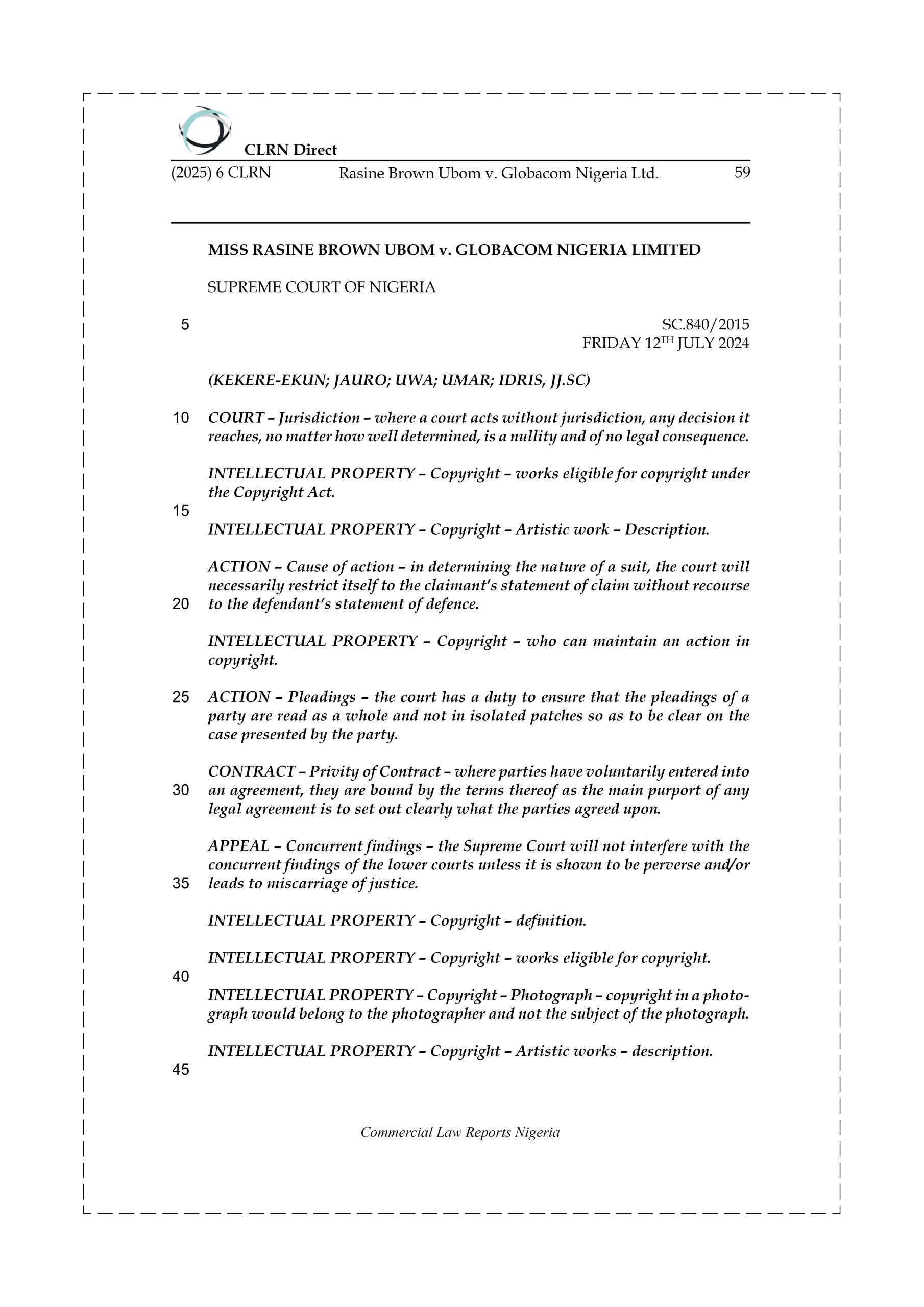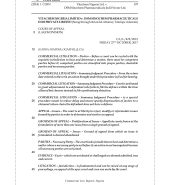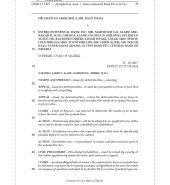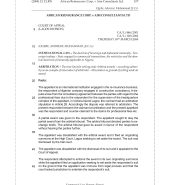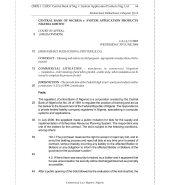-

First Quarter 2011 - Volume
- kg
1 × ₦4,000
RASINE BROWN UBOM v. GLOBACOM NIGERIA LTD.
₦1,000
In Stock
Facts:
The Appellant, Miss Rasine Brown Ubom, a young and upcoming musician, participated in the 2010 edition of Glo Naija Sings, a televised music competition organized by the Respondent, Globacom Nigeria Limited. The competition was held across several zonal audition centres, including Calabar, Abuja, Lagos, Port Harcourt, Enugu, and Ibadan. From each zone, three finalists were selected to proceed to the next stage. The Appellant emerged as one of the top three contestants from the Calabar Zone.
Subsequently, the selected contestants from all zones were brought to Lagos, where the top ten finalists (referred to as the “Top Ten”) were chosen. The Appellant was selected among this group and was tagged as contestant number 9. The competition among the Top Ten was broadcast weekly on platforms including DSTV (African Magic and Magic World) and the Nigerian Television Authority (NTA). Viewers across the globe were allowed to vote via the internet, social media, and Glo phone lines, with the contestant receiving the fewest votes evicted each week.
After weeks of rigorous competition, the Appellant advanced to the finals and ultimately finished in second place. The winner, one Cassey, was awarded a prize of $100,000 (then approximately ₦15 million), an SUV (RAV 4), and was named a Glo Ambassador with an endorsement deal valued at ₦20 million. The Appellant, by contrast, received no prize or recognition despite her performance and ranking. Although disappointed, the Appellant accepted her result and moved on. However, she later discovered that her photographs were being used by the Respondent in promotional materials for the 2011 edition of the competition. These photographs appeared on billboards across the country and were used to advertise the upcoming competition without her consent or any form of compensation.
Shocked by this development, the Appellant instructed her solicitor to write to the Respondent demanding compensation. When the Respondent failed to respond or take corrective action, the Appellant commenced legal proceedings at the High Court of Rivers State, claiming general damages for the unauthorized use of her image and seeking injunctive relief to restrain further exploitation. During the trial, the Appellant gave evidence alongside another witness and tendered four exhibits marked as Exhibits A to D. The Respondent, rather than filing a defence, brought a motion dated 12th June 2012 challenging the jurisdiction of the court on the basis that the claim is related to copyright.
After considering the address of the parties, the trial court gave it considered ruling striking out the Appellant’s case on the ground that it involves the infringement of her copyright which was triable at the Federal High Court and not at the State High Court.
Dissatisfied with the decision of the trial court the Appellant appealed to the Court of Appeal. After a consideration of the briefs filed by the parties, the Court of Appeal in its judgment held that in the absence of clear pleadings of an agreement between the Appellant and the Respondent that constituted a contract in law upon which her claims could be premised, the High Court was right when it held that the Appellant’s claims in this case would appear to and could be within the purview of the provisions of the Copyright Act for the infringement of her right either as a singer or performer, or both, who participated in the singing/performing of a competition organized by the Respondent. Still dissatisfied with the judgment of the court below, the Appellant appealed to the Supreme Court. One of the issues raised for determination was Whether the Copyright Act.
